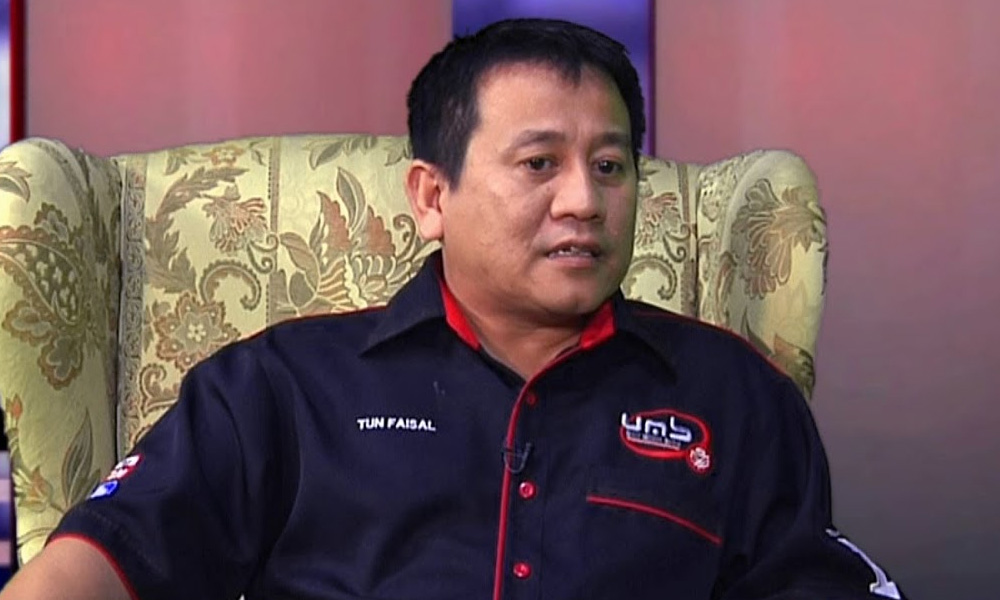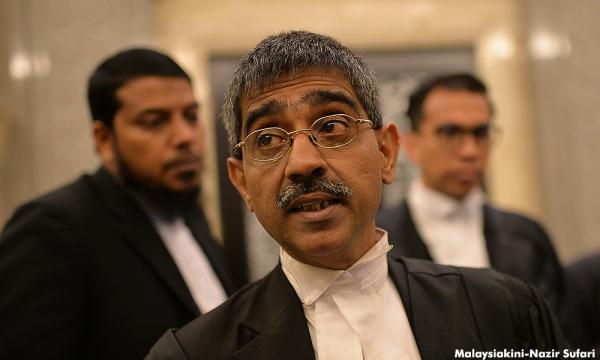It is normal for any court action to start with cause papers that would make claims and allegations of facts that would only be established later, lawyer Haniff Khatri Abdulla said on the 1MDB-related civil forfeiture suits filed by the US Department of Justice (DOJ) .
“Even in a substantive criminal case where an accused is charged, the charge sheet (which is normally no more than two pages per charge) would only contain the name of the accused, basic facts of the crime allegedly committed and the legal basis of making the action a crime," Haniff said in a statement.
“When a party sued in a civil or quasi-criminal case chooses to contest the claims, and has been given opportunity by the court to file his own cause papers, the court would set hearing date whether by calling witnesses or through affidavits (depending on the country’s court procedures), and it is only then where all parties are required to show evidence.
“Therefore, the basic legal fact is... the evidence in any claim, in any court, in any civilised country, is not filed together with the cause papers at the time of filing, and would not be revealed in the four corners of the document, except as facts to specify the claim,” Haniff said.
 He was responding to a statement by Special Affairs Department (Jasa) advisory panel member Tun Faisal Ismail Aziz (photo) yesterday.
He was responding to a statement by Special Affairs Department (Jasa) advisory panel member Tun Faisal Ismail Aziz (photo) yesterday.
Haniff said the DOJ’s civil forfeiture suit is a quasi-criminal action, being neither fully a criminal action nor a civil action.
Many countries have such laws to keep criminal proceeds from being held by criminals or third parties that have obtained it.
In Malaysia, for example, he said the country has provisions for quasi-criminal actions under the Dangerous Drugs Act 1952, Banking and Financial Institutions Act 1989 and the Anti-Money Laundering and Anti-Terrorism Financing Act 2001.
These allow Malaysian authorities to freeze assets first. Once an investigation is completed, and after a successful conviction, those frozen assets would be seized...


